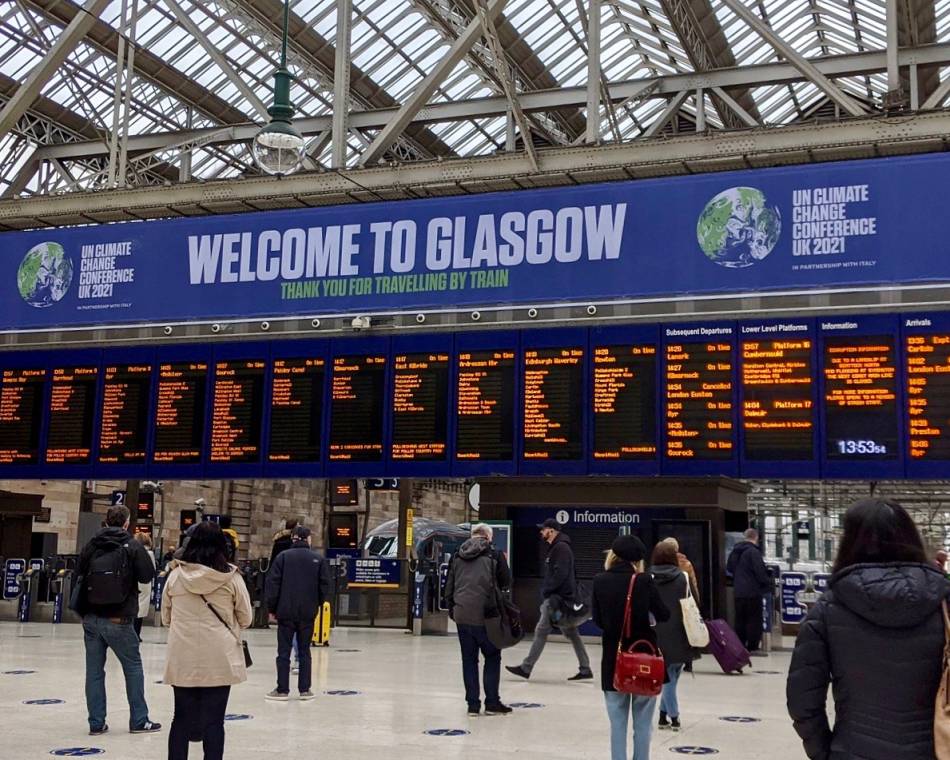A much-anticipated United Nations climate summit opened in Glasgow, Scotland on Sunday with delegates from almost 200 nations starting nearly two weeks of negotiations over how to slow global warming and adapt to the harm already unfolding.
Despite the coronavirus pandemic, the event was expected to draw tens of thousands of participants and potentially even more demonstrators to press for concrete action. The world's top scientists and climate advocates say the stakes could not be higher.









